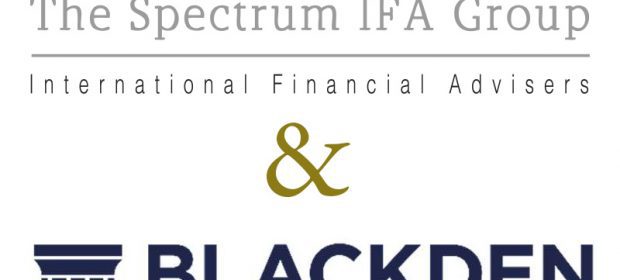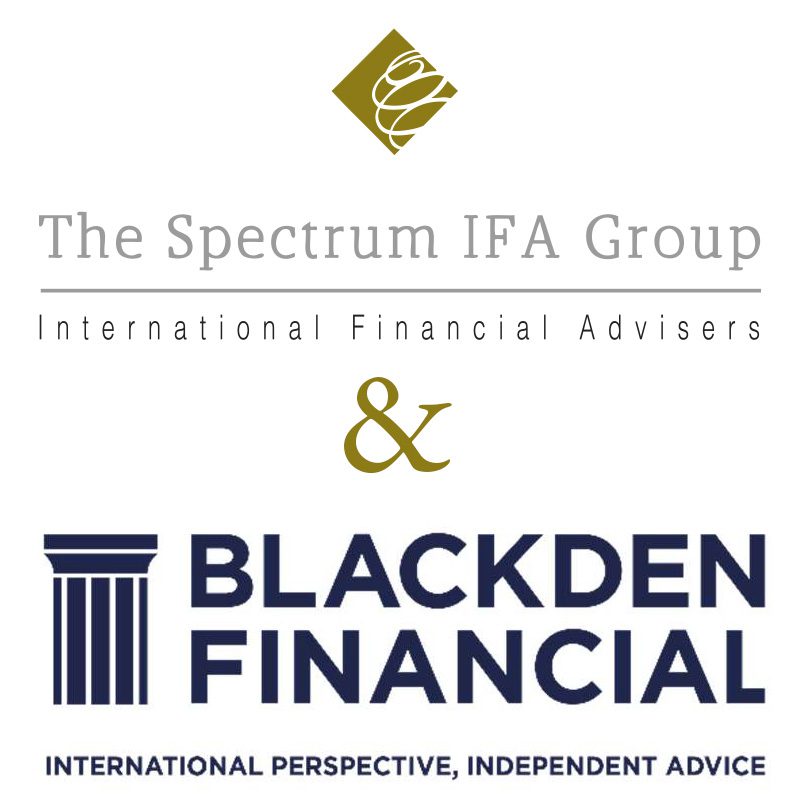This is the third and final in a series of articles where I have talked about holding stock options, vesting those options and holding them in a tax efficient manner. In this article, I will discuss the importance of de-risking and diversifying your portfolio, and finally how useful a Branch 23 solution is in mitigating against US Estate Tax on shares if you hold them.
WHY WOULD I WANT TO DE-RISK MY HOLDING?
I wrote in more detail about the effect of risk on your portfolio here. However, to explain briefly, it is considered risky, in investment terms, if you hold too much of one particular share or asset or if it makes up 100% of your investment strategy. Some people are perfectly comfortable with being exposed to this level of risk. Other people are less so. If you have 180,000€ in one particular share or equity, and that was all you had, then it might be a good idea to de-risk yourself and reduce the possibility of losing some, if not all of your investment due to market volatility.
WHAT IS THE ALTERNATIVE?
There are some alternatives available and they all centre on diversifying your holdings. If you have shares in a company, whether it be a start-up or a multinational organisation, you could benefit from diversification to insure against significant loss.
At Spectrum, we favour the multi-asset approach to investing for our clients. These investment vehicles allow our clients access to multiple funds, asset classes and locations through a single fund that is managed and monitored by dedicated specialists and experts on the investor’s behalf. This type of fund can increase the potential for diversification and reduce the level of risk.
















